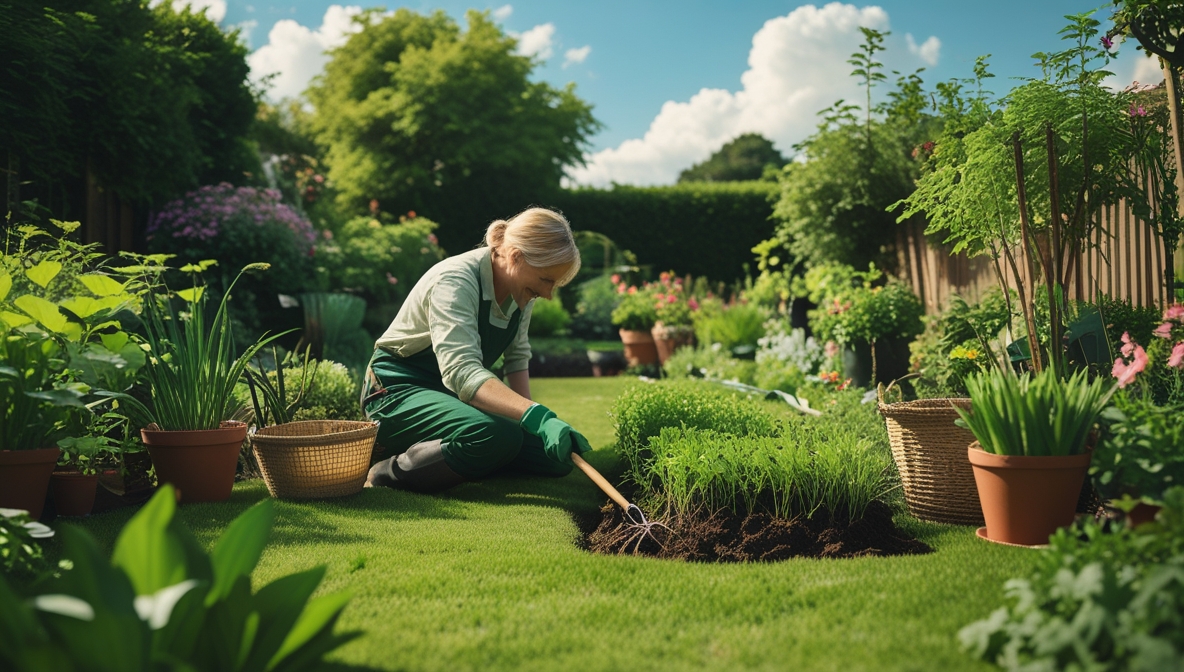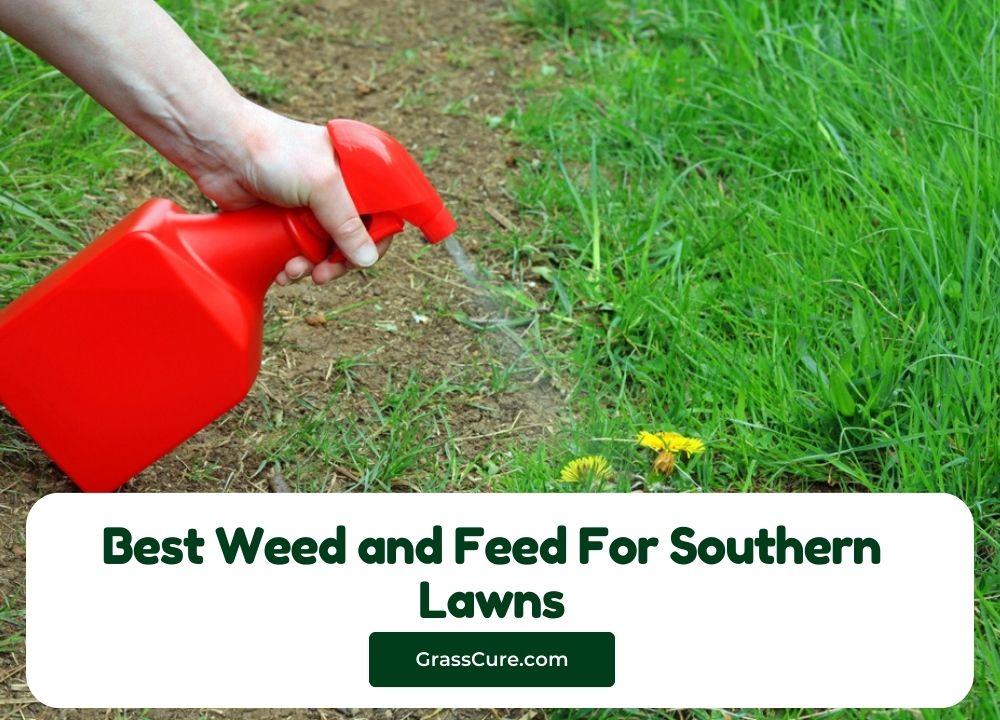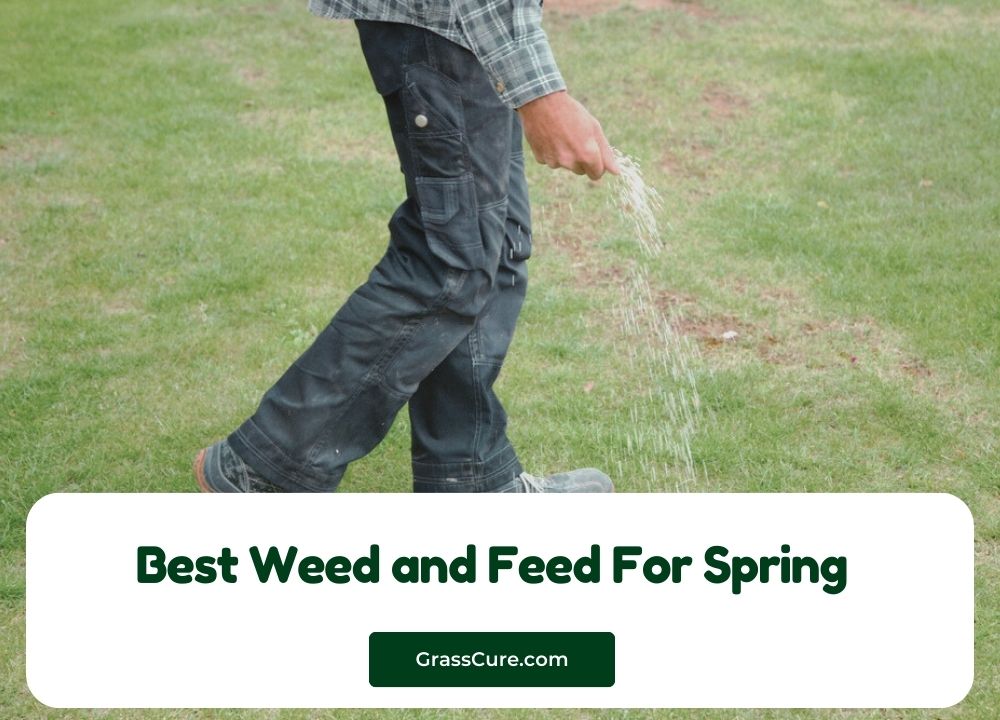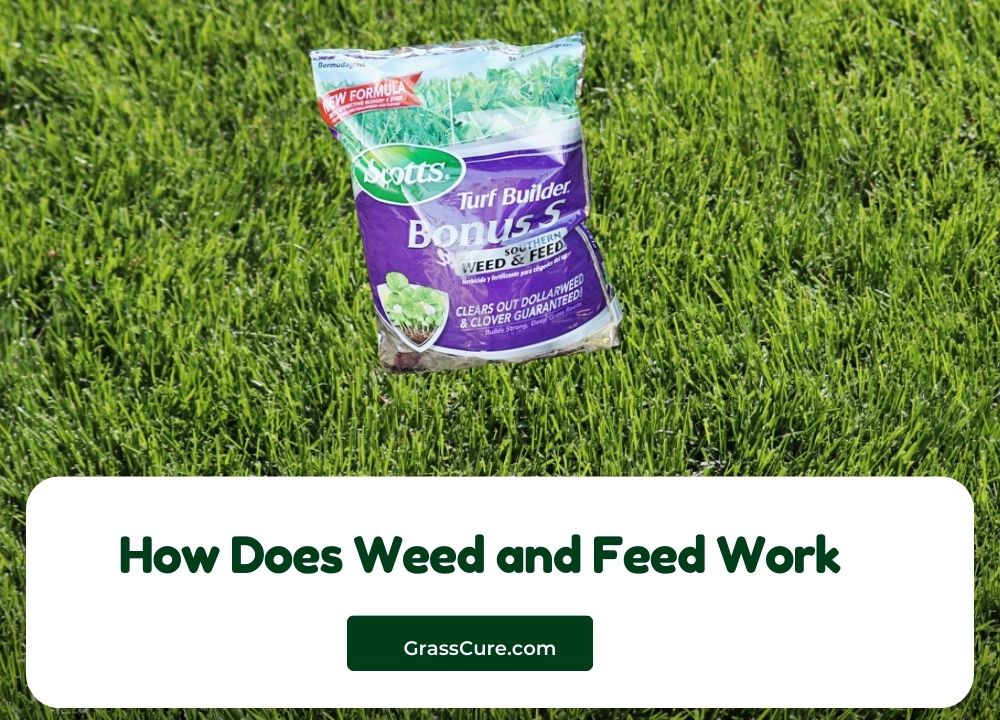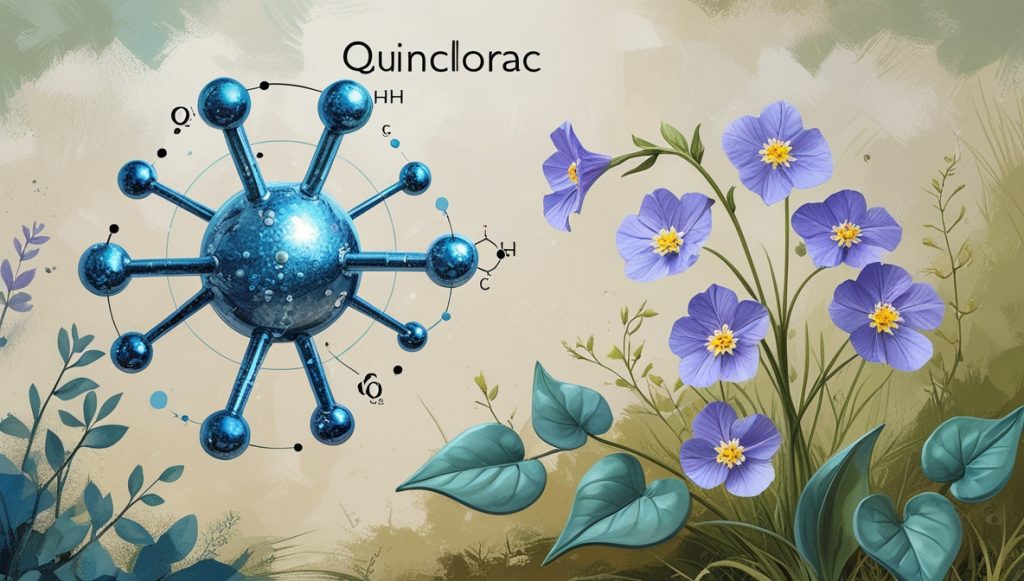Tired of battling pesky weeds in your garden? You don’t have to resort to harsh chemicals. There are plenty of effective, eco-friendly ways to keep your garden looking pristine. This guide explores various methods for tackling weeds without relying on harmful pesticides, empowering you to become a “weed warrior” in your own backyard.
Contents
Weed Warriors: No-Chemical Methods
Weeds are a common garden problem, but they don’t have to be a headache. Adopting a proactive approach, rather than just reacting to weed infestations, is key to keeping your garden free of unwanted greenery. This means understanding the different types of weeds you’re dealing with and the best strategies for each. Different weeds have different needs, so understanding their specific requirements is crucial.
Natural methods offer a gentle way to approach weed removal. These strategies not only keep your garden healthy but also benefit the environment and promote biodiversity. By understanding the natural cycle of weeds and your plants, you can develop a sustainable approach to maintain a healthy and beautiful garden.
DIY Weed Control Strategies
Hands-on, DIY methods can be incredibly effective. One simple method is hand-pulling, perfect for small areas or individual weeds. Make sure to get the entire root system, or the weed will likely just grow back. For larger patches, consider using a hoe or cultivator to loosen the soil and disrupt the weed’s root system.
Using mulch is another excellent DIY approach. A thick layer of organic mulch not only suppresses weed growth by blocking sunlight but also enriches the soil. Straw, wood chips, or shredded leaves are great options. Remember to use a good layer to smother the weeds effectively, and choose a mulch that is appropriate to your soil type.
Natural Weed Solutions at Home
Vinegar, combined with dish soap, is a popular natural weed killer. Combine equal parts white vinegar and water, then add a few drops of dish soap to help the solution stick to the leaves. This mixture can be sprayed onto weeds, taking care not to spray onto nearby plants you want to keep. Another option involves boiling water, which can be effective for small, young weeds.
Baking soda is another natural ingredient you can use against weeds. Mix baking soda with water to create a paste, applying it directly to the weed. This method works particularly well for smaller weeds, aiming for the leaves and stem. Be cautious of the concentration and avoid direct contact with desired plants.
Banishing Weeds the Organic Way
The key to organic weed control is prevention. Proper mulching and watering can often deter weed growth. Maintaining a healthy lawn or garden that is regularly watered and has healthy soil can make it more difficult for weeds to take hold. This means focusing on soil health and plant health.
Regular maintenance, such as weeding and thinning plants, can also prevent future weed problems. This proactive approach means that weeds are tackled before they have a chance to spread. By actively preventing weeds from sprouting, you save time and effort in the long run.
By combining these various no-chemical weed control methods, you can create a beautiful, healthy garden that thrives without the use of harmful chemicals. Embrace these organic strategies for a greener, healthier, and more sustainable garden experience. Remember that consistency is key to success in any garden, no matter the method you choose.
